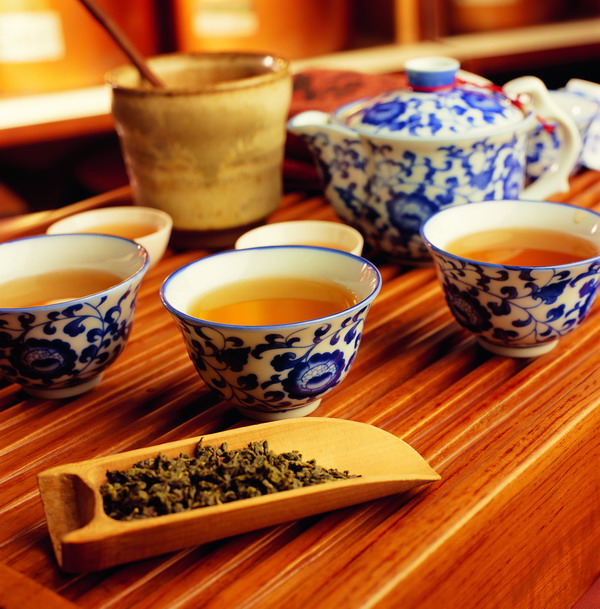(单词翻译:单击)
英文原文
The British Medical Journal study found that drinking steaming hot tea has been linked with an increased risk of oesophageal cancer.
Experts said the finding could explain the increased oesophageal cancer risk in some non-Western populations.
Adding milk, as most tea drinkers in Western countries do, cools the drink enough to eliminate the risk.

Tobacco and alcohol are the main factors linked to the development of oesophageal cancers in Europe and America.
Golestan Province in northern Iran has one of the highest rates of OSCC in the world, but rates of smoking and alcohol consumption are low and women are as likely to have a diagnosis as men. Tea drinking, however, is widespread.
The University of Tehran researchers studied tea drinking habits among 300 people diagnosed with OSCC and compared them with a group of 570 people from the same area.
Nearly all participants drank black tea regularly, on average drinking over a litre a day.
Compared with drinking warm or lukewarm tea (65C or less), drinking hot tea (65-69C) was associated with twice the risk of oesophageal cancer, and drinking very hot tea (70C or more) was associated with an eight-fold increased risk.
The speed with which people drank their tea was also important. There was no association between the amount of tea consumed and risk of cancer.
Drinking a cup of tea in under two minutes straight after it was poured was associated with a five-fold higher risk of cancer compared with drinking tea four or more minutes after being poured.
A large proportion of Golestan inhabitants drink hot tea, so this habit may account for a substantial proportion of the cases of oesophageal cancer in this population.
Previous studies from the UK have reported people prefer their tea to be about 56-60C--cool enough not to be risky.
Oliver Childs, a spokesman for Cancer Research UK, said: "Tea drinking is part of many cultures, and these results certainly don't point to tea itself being the problem."
"But they do provide more evidence that a regular habit of eating and drinking very hot foods and drinks could increase your risk of developing cancer of the oesophagus."
He advised tea-drinkers to simply wait a few minutes for their brew to cool from "scalding" to "tolerable".
中文译文
《英国医学期刊》刊登文章指出,喝滚烫的茶会增加患食道癌的风险。
专家表示,这一发现可以解释为何非西方国家的人们换食道癌的人数有所增加。
西方国家的人喝茶时习惯加牛奶,这样可以明显降低茶水的温度,从而降低患癌的风险。
在欧美国家,抽烟和喝酒是导致食道癌的主要因素。
伊朗北部的格列斯坦省是食道癌发病率最高的地区之一。当地无论男女都习惯饮茶。虽然居民们抽烟喝酒的比例不高,但是男女的发病率均很高。
德黑兰大学的专家们研究对比了300名食道癌患者与570名来自相同地域的普通人的饮茶习惯。
几乎所有的参与者都有喝红茶的习惯,并且平均每人每天至少饮用一公升。
与饮用较热茶或温茶(65度或以下)的人相比,引用热茶(65-69度)的人患食道癌的危险性要高出两倍。一旦水温超过70度,患病的风险将增加八倍。
饮茶的速度在其中的作用也至关重要。而喝多少茶则于患癌无关。
在茶沏开两分钟之内就开始饮用的人患食道癌的危险性是等茶沏开后四分钟或更久才喝的人的五倍。
由于格列斯坦省的居民有饮热茶的习惯,所以当地患食道癌的比例一直很高。
先前针对英国人的调查显示,他们更喜欢饮用的茶水温度在56度至60度之间,这样明显降低了患食道癌的危险。
英国癌症研究的一名发言人奥利弗·查尔德表示,饮茶已经成为许多国家文化的一个组成部分,很明显,喝茶本身并没有错。
“但是越来越多的证据显示,食烫物和喝热饮的饮食习惯的确会增加患食道癌的风险。
他建议人们沏茶后等上几分钟,待滚烫的茶水降到适宜的温度后再喝。


